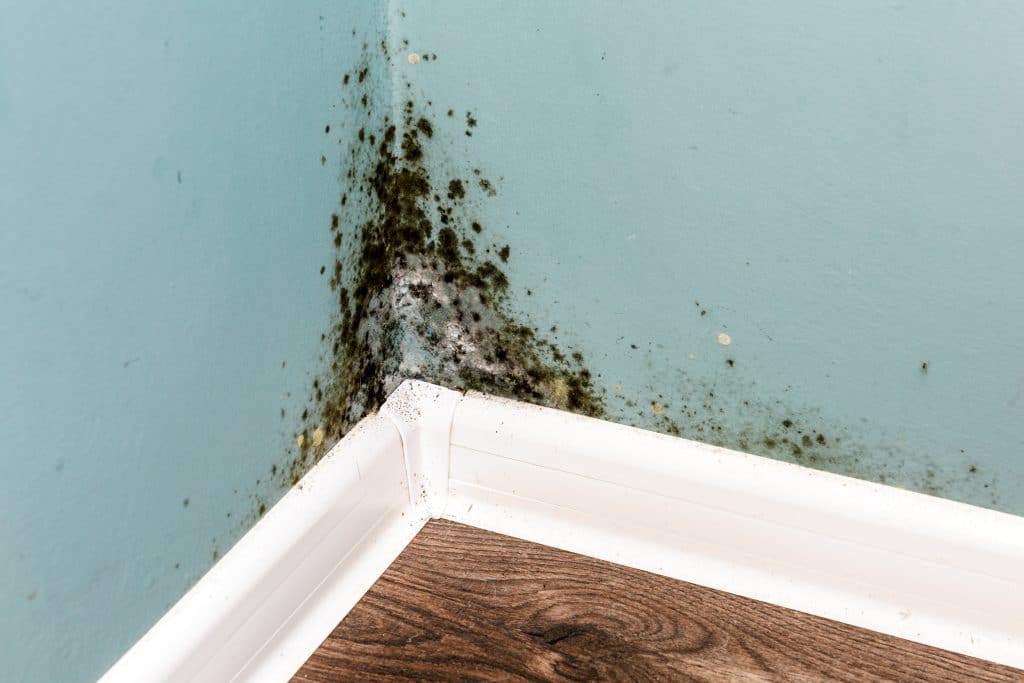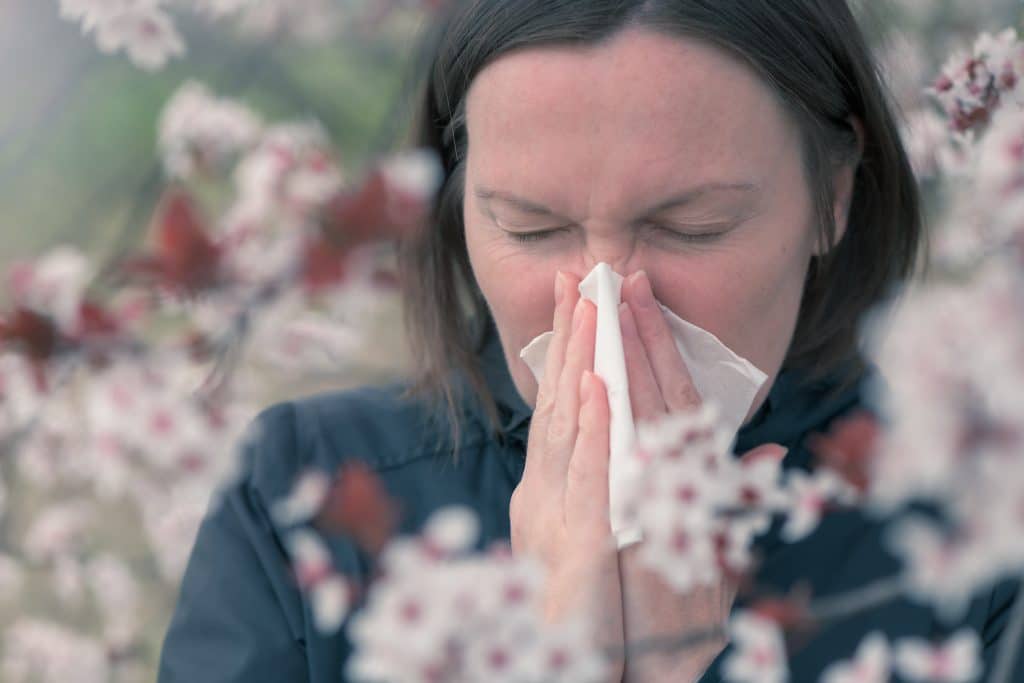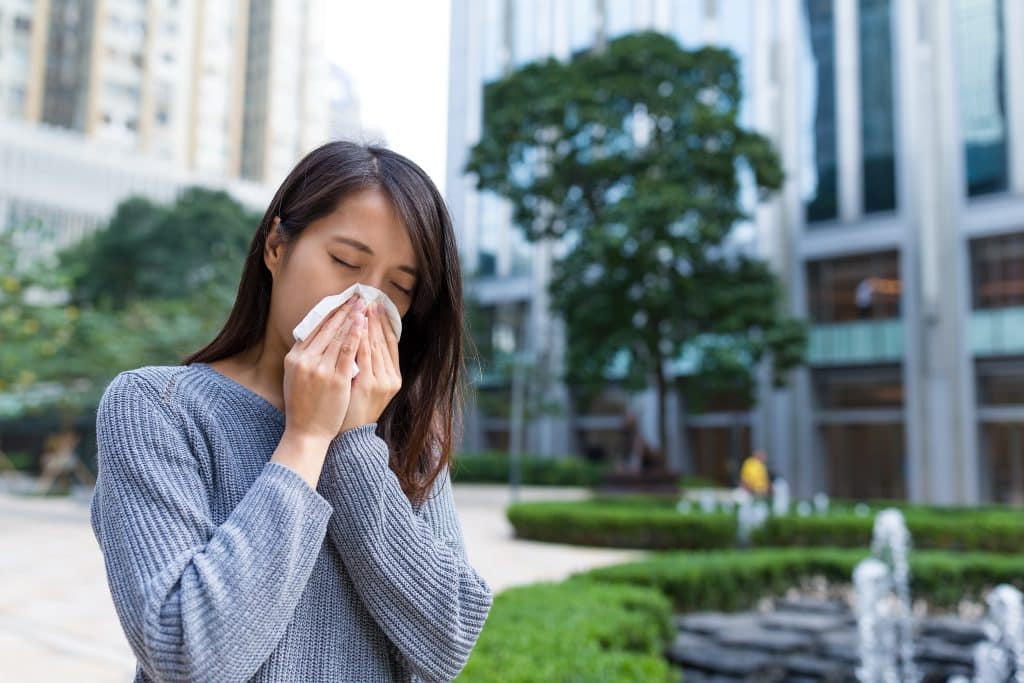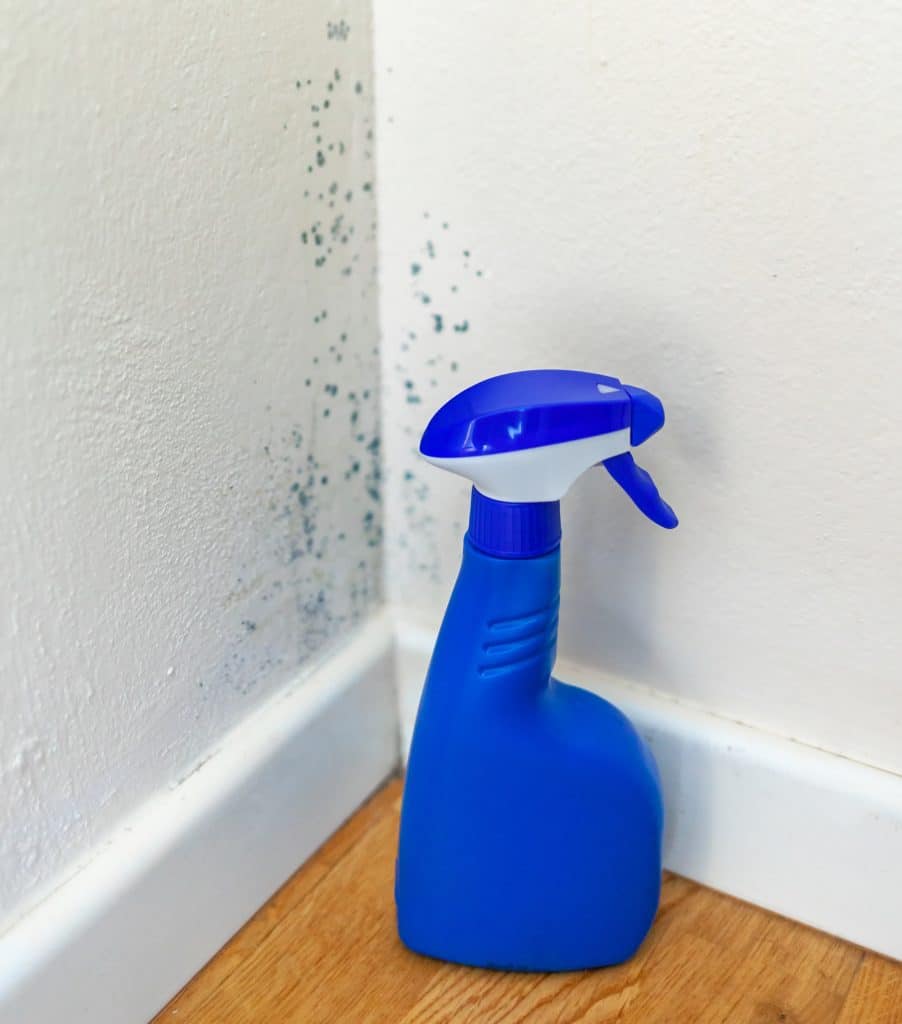Mold exposure is a concern that affects many households and can significantly affect your health practices. It’s important to be aware of the dangers that mold exposure can pose and the steps you can take to prevent and address it. This article will discuss the various risks associated with mold exposure, from respiratory problems to mental health consequences, and provide tips on maintaining a healthy lifestyle in the face of these challenges.
Contents
- Understanding Mold and Its Effects On Health
- How Mold Exposure Influences Your Health Practices
- The Connection Between Mold Exposure And Respiratory Problems
- The Impact Of Mold Exposure On Allergies And Asthma
- Mold Exposure And Weakened Immune Systems
- Mental Health Consequences Of Mold Exposure
- The Role of Proper Ventilation in Preventing Mold Exposure
- Professional Mold Remediation and Its Importance
- The Bottom Line
- Related
Understanding Mold and Its Effects On Health

Mold is a type of fungus that grows in damp, humid environments. It can be found indoors and outdoors, thriving on organic materials such as wood, paper, and fabric. When mold spores are released into the air, they can be inhaled and cause various health issues, particularly those with pre-existing conditions or weakened immune systems.
Understanding the effects of mold exposure on your health is crucial for developing effective health practices and ensuring you maintain a healthy lifestyle. Some common health issues resulting from mold exposure include respiratory problems, allergies, asthma, and a weakened immune system. Also, mold exposure has been linked to mental health issues like mood disorders and cognitive decline.
How Mold Exposure Influences Your Health Practices

Mold exposure can have a direct impact on the way you manage your health. When mold is present in your living environment, it may necessitate changes to your daily routines and health practices to minimize risks. For example, you may need to invest in an air purifier, frequently clean your home, or seek professional remediation services to eliminate mold growth.
Understanding how mold exposure can influence your health practices is key to maintaining a healthy lifestyle. In addition to these preventive measures, mold exposure may require you to adjust your health practices in response to the health issues it can cause. For example, if mold exposure triggers respiratory issues or allergies, you may need to incorporate medications, inhalers, or other treatments into your daily routine.
The Connection Between Mold Exposure And Respiratory Problems

Mold exposure can lead to various respiratory problems, particularly for individuals with pre-existing respiratory conditions or weakened immune systems. Inhaling mold spores can irritate the lungs, leading to symptoms such as coughing, wheezing, and shortness of breath. In more severe cases, mold exposure can exacerbate chronic obstructive pulmonary disease (COPD) and even cause pneumonia.
The impact of these respiratory issues on your health practices may be significant. You may need to monitor your symptoms more closely, adjust your exercise routines, or incorporate medications and treatments to manage your condition. It’s important to be proactive in addressing these respiratory problems and implementing changes to your health practices to minimize the effects of mold exposure.
The Impact Of Mold Exposure On Allergies And Asthma

Mold exposure can also trigger allergic reactions and exacerbate asthma symptoms. Common allergy symptoms associated with mold exposure include sneezing, runny or stuffy nose, itchy or watery eyes, and skin rashes. For those with asthma, mold exposure can lead to more frequent and severe asthma attacks, making it even more important to manage this condition effectively.
If you suffer from allergies or asthma, mold exposure may necessitate changes in your health practices. This might include using allergy medications, adjusting your living environment to minimize allergens, or implementing an asthma action plan to manage your symptoms. By taking these steps, you can help reduce mold exposure’s impact on your allergy or asthma symptoms and maintain a healthy lifestyle.
Mold Exposure And Weakened Immune Systems

Mold exposure can weaken your immune system, making you more susceptible to illness and infections. Mold produces mycotoxins, toxic substances that can suppress the immune system and lead to various health issues. People with weakened immune systems, such as those undergoing chemotherapy or those with autoimmune disorders, are particularly vulnerable to the effects of mold exposure.
To protect your health and maintain a strong immune system, it’s important to adapt your health practices in response to mold exposure. This might involve boosting your immune system, such as consuming a balanced diet rich in vitamins and minerals, exercising regularly, and getting adequate sleep. Additionally, it’s crucial to address any mold issues in your living environment, as this can help minimize mold exposure’s impact on your immune system.
Mental Health Consequences Of Mold Exposure

Research has shown that exposure to mold and dampness can be associated with an increased risk of depression. Mold exposure can also negatively affect mental health, leading to mood disorders, anxiety, and cognitive decline. In contrast, mycotoxins produced by mold have been linked to neurological symptoms and cognitive impairments.
To maintain good mental health in the face of mold exposure, it’s important to adjust your health practices accordingly. This might involve seeking professional help, such as therapy or counseling, to address mood disorders or anxiety. Additionally, engaging in activities that promote mental well-being, such as regular exercise, socializing, and practicing relaxation techniques, can help to mitigate the mental health consequences of mold exposure.
The Role of Proper Ventilation in Preventing Mold Exposure

One of the most effective ways to prevent mold exposure is to ensure that your living environment has proper ventilation. Adequate airflow can help to reduce humidity and moisture levels, making it more difficult for mold to grow. This is particularly important in areas of your home prone to dampness, such as bathrooms, kitchens, and basements.
To improve ventilation in your living spaces, consider installing exhaust fans in bathrooms and kitchens, using dehumidifiers to control moisture levels, and opening windows regularly to allow fresh air to circulate. By taking these steps, you can help to minimize the risk of mold exposure and maintain a healthy living environment.
Professional Mold Remediation and Its Importance

Sometimes, mold problems may be too severe or widespread to address through basic cleaning and preventive measures. In these situations, it’s important to seek the help of professional mold remediation services. Professionals have the tools, expertise, and protective equipment to safely and effectively remove mold from your home, reducing the risk of health problems associated with mold exposure.
Professional mold remediation can also help identify and address mold growth’s underlying causes, such as leaks or moisture problems. By addressing these issues, you can prevent future mold problems and maintain a healthier living environment. Ultimately, investing in professional mold remediation is important to maintaining good health practices in the face of mold exposure.
The Bottom Line
The risks of mold exposure to your health practices cannot be underestimated. From respiratory problems to mental health consequences, mold exposure can significantly impact your overall well-being. By understanding these risks and taking the necessary precautions, such as improving ventilation and seeking professional mold remediation, you can maintain a healthy lifestyle and protect yourself from mold exposure.


